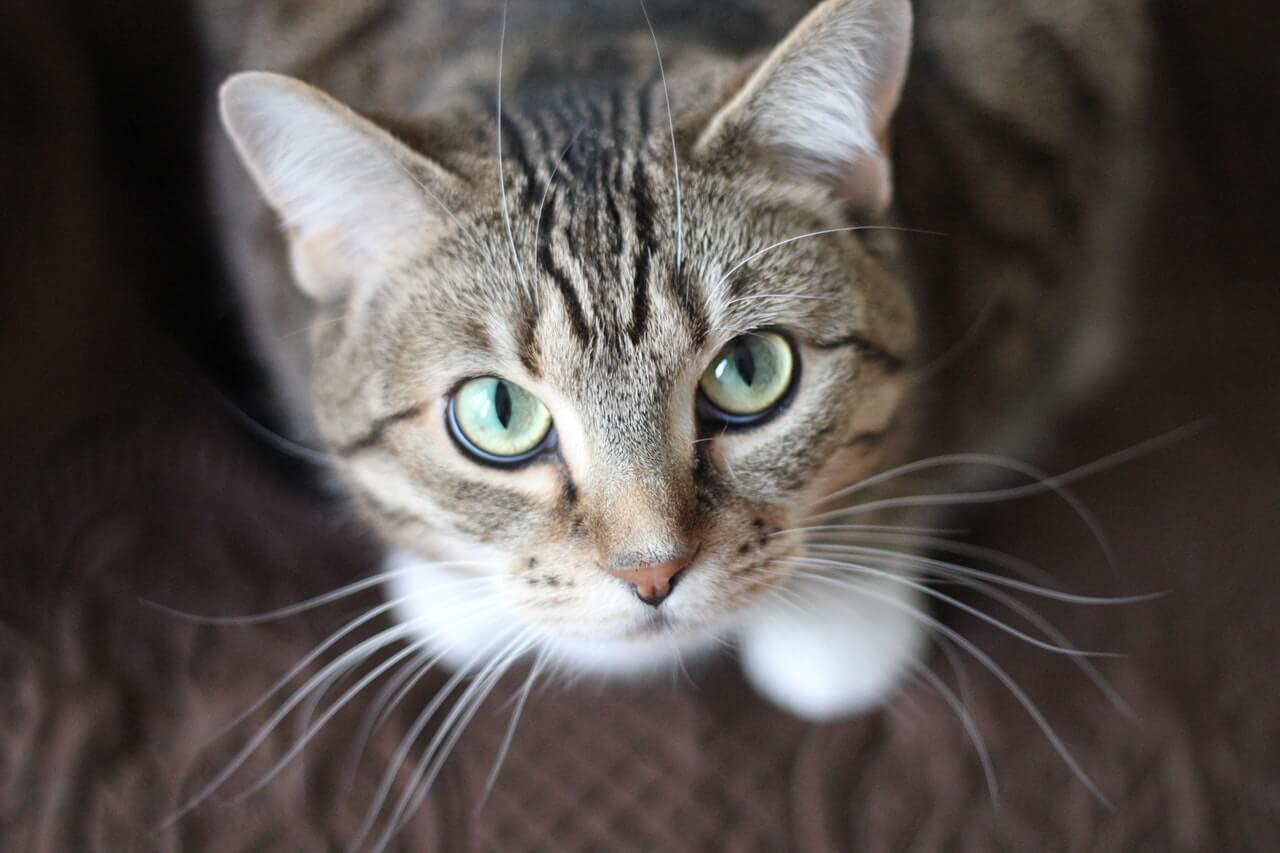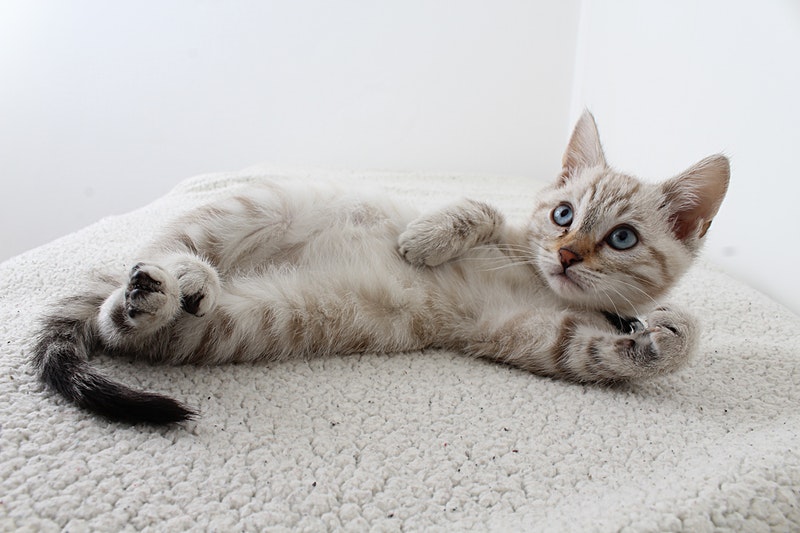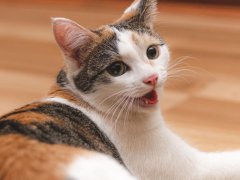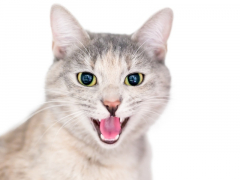
As tempting as it may be to give your cat food from your plate, you should be aware of the dozens of sorts of foods cats shouldn’t eat, such as chocolate, tea, coffee, raw eggs, garlic, and onions. But can cats eat peanut butter?
The answer is yes – cats can eat peanut butter, but only in very small amounts.
It is known that many cats enjoy eating peanut butter and love it, but is it safe for cats to eat? The ASPCA’s list of human foods that are toxic for cats does not mention peanut butter, so it is technically safe. That said, it’s not the healthiest choice for your cat.
Cats can eat peanut butter in small quantities, but it is not nutritionally necessary for them and some cats may be allergic or have difficulty digesting it.Quick Overview: Can Cats Eat Peanut Butter?





Summary of Content
Can Cats Eat Peanut Butter?
Cats are carnivores and should be getting all the nutrients they require from eating a diet containing animal-based protein, like meats and fish. It’s known that cats’ digestive systems are sensitive, however, generally speaking, giving your cat a little peanut butter is acceptable.
Keep in mind that a cat trying peanut butter for the first time should be carefully observed for any side effects or reactions. Whether it’s peanut butter or roast chicken, treats should be given in moderation. Cats shouldn’t be eating human food every day.
Is Peanut Butter Bad for Cats?
As we know, peanut butter’s texture is sticky and takes energy to swallow. A tablespoon may be considered too much because it can become a choking hazard when consumed in a large quantity.
It can also contribute to obesity and negative symptoms such as diabetes, vomiting, or diarrhea. Veterinarians recommend to feline parents that they steer clear of peanut butter unless they are using it as a way to give their cats medication.
Is Peanut Butter Good for Cats?

While small amounts of peanut butter are generally not harmful, peanut butter isn’t a nutritious addition to your cat’s diet. Healthier treats include tuna, chicken, and other animal products.
Now that you know cats can have peanut butter, does it mean they should? Peanut butter is a non-toxic food for cats, but it should be used sparingly as a treat.
Nutritionally speaking, peanut butter does not add any value to your cat’s diet. If you decide to give your cat peanut butter, it should be given only occasionally and in small amounts.
Can a Cat Be Allergic to Peanut Butter?
Peanut butter allergies are not common, but pet owners should be aware of the risk of an allergic reaction after a cat consumes peanut butter, or any new food for that matter. If your cat shows signs of an allergic reaction after eating peanut butter, like itching, hives, swelling, or difficulty breathing, contact your veterinarian immediately.
Also Read: Can Cats Eat Eggs?
Aside from allergies, peanut butter can give rise to certain digestive issues. If your cat shows signs of vomiting, diarrhea, or abdominal discomfort after consuming peanut butter, you may want to stop offering peanut butter and contact your veterinarian.
The Correct Diet Is Important!
Cats need to maintain a quality diet for good overall health. Pet food labeled for cats is usually either complete or complementary. Complete foods provide all the nutrients a cat requires daily so that no other food is needed. Complementary foods, such as treats and snacks, must be combined with other foods to give your cat all the nutrients they need.
What Are Other Healthy Alternatives to Peanut Butter in a Cat’s Diet?
If you’re interested in trying some healthy alternatives to treats or nuts, consider fruits or vegetables.
The following are non-toxic to cats, according to the ASPCA:
Vegetables and fruits can be a fun addition to an existing carnivore diet, but these alternative foods should be used occasionally and never replace full meals. Always consult with a veterinarian before altering your cat’s diet.
In Conclusion
Although cats are eager to try human treats, most of them provide zero nutritional value and can be unhealthy.
Peanut butter is a non-toxic food for cats. However, because it does not add health benefits to your cat’s diet and presents possible health risks, it should only be given in moderation. Since peanut butter is also high in calories and fats, long-term health problems, such as diabetes, are risk factors.
There are plenty of healthy options pet owners can offer their feline friends as treats. If you do give peanut butter to your cat and notice any symptoms, make sure to seek veterinary care immediately.







